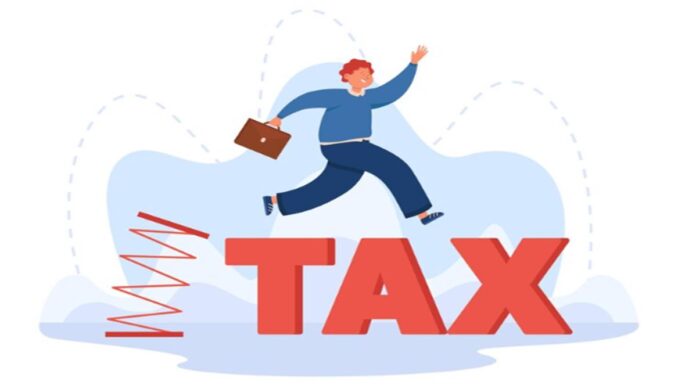Investment Proof Submission for FY2024-25: During this time of the year, salaried employees are asked by their HR departments to submit their investment proof to prevent excessive tax deductions. Failing to do so may result in the long and difficult process of claiming tax refunds.
You need to remember that it is the employee’s sole responsibility to provide the necessary documentation to their employer within the specified time-frame. However, several factors must be considered before submitting your investment proof to your employer on time.
Let us explore five essential points that you should be aware of before proceeding with the submission of all required documentation.
Also Read 5 tax planning actions you must take before year-end! Top benefits of a savings account you might not know about EXPLAINER | What EPFO data says about fresh hirings EXPLAINER | Why banks are wary of trust transfers
1. Report Previous Employment Income
This is the time to organize your tax matters. If you have been employed by two or more companies during the current financial year, it is essential to disclose your income from all previous employers to your current employer. This practice will help you avoid incurring additional taxes and associated interest. Each employer calculates tax liability based solely on the salary they provide, without considering the income from previous employers. This can lead to underpayment of taxes and an excessive claim of exemptions and deductions from both employers. Do not assume you can evade taxes by failing to report this income on your return. The Income Tax Department is fully aware of the income you have received from all employers, and it is in your best interest to disclose these details to your current employer as well as in your income tax returns.
Also Read: 8 essential financial moves for a fresh start in 2025
2. Submit Bills for Reimbursement Claims
Certain benefits are exempt under the Income Tax Act only if you provide proof of actual expenses to your employer, such as reimbursements for books and periodicals, telephone reimbursements, reimbursements for conveyance expenses, etc. If you do not submit the necessary documentation of these expenses to your employer within the specified time-frame, they will be treated as taxable allowances, and you may lose the opportunity to claim exemptions when filing your tax return.
» Read More


